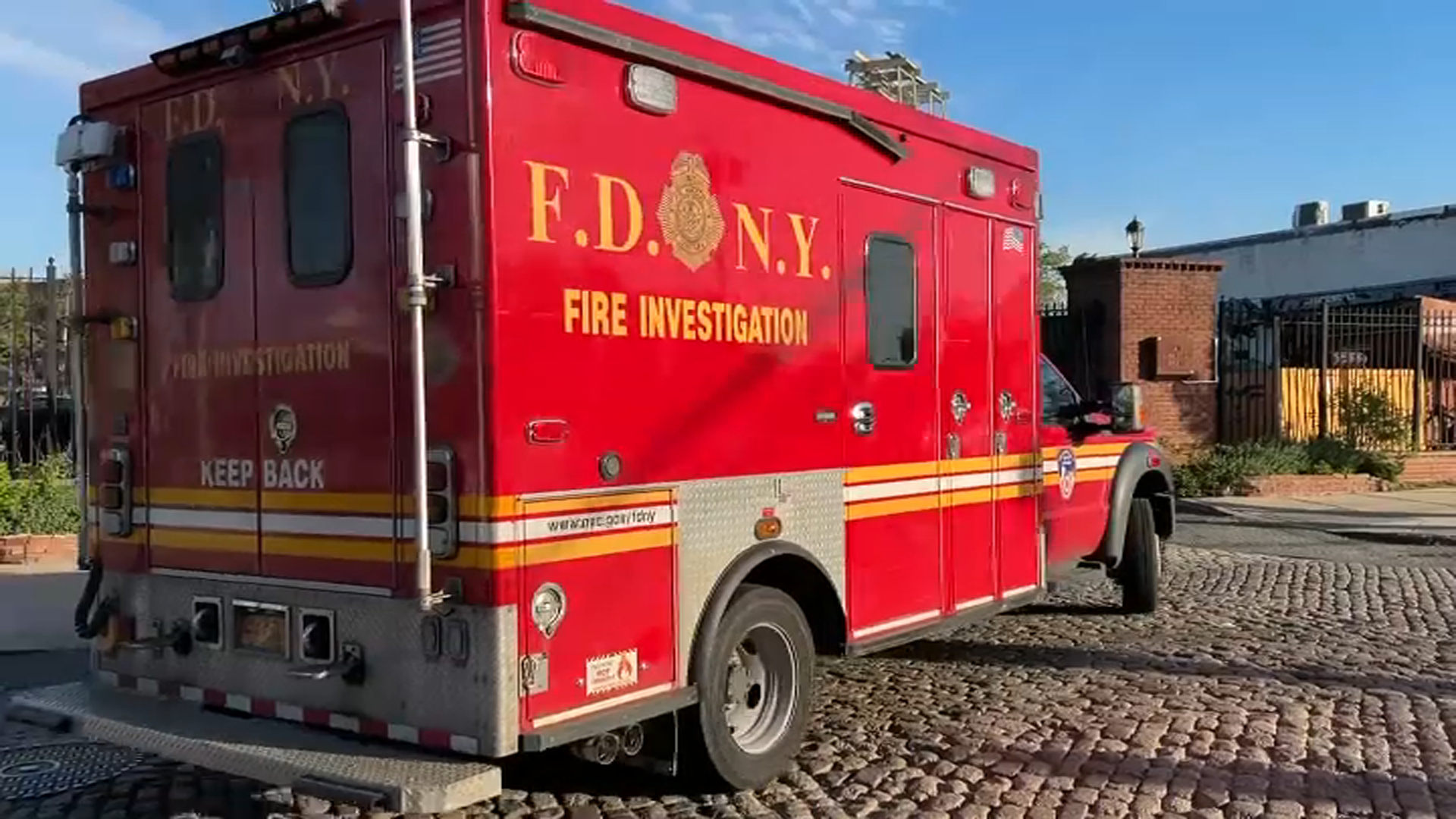What to Know
- 19-year-old Connor Golden lost his foot when he stepped on a homemade explosive in Central Park in July
- In a September post on his GoFundMe page, Golden said that he is learning to walk again using a prosthetic and has returned to college
- The person who left the homemade explosive in Central Park still hasn't been found
One of the nation’s biggest health insurers is reversing course after initially denying an explosion victim’s claim for an artificial limb.
In July, Connor Golden, 19, lost his lower leg after an explosive compound blew up in Central Park. Since then he’s been fighting with UnitedHealthcare to cover payment for his new prosthetic.
In an exclusive interview with the NBC New York I-Team, Golden’s parents said the insurance giant rejected or delayed requests to pay for the prosthetic leg for three months, even though hospital records clearly show Golden underwent a complete traumatic amputation below the knee and needs the prosthetic to walk.
“UnitedHealthcare has shown themselves capable of denying even the most compelling claim,” said Kevin Golden, the victim’s father.
“In my mind, there can be no real issue as to whether this is necessary or not. He clearly needs the prosthetic.”
Maria Gordon-Shydlo, a spokeswoman for UnitedHealthcare, emailing the I-Team a statement blaming the initial denial on confusion about whether Golden’s prosthetic should have been covered as an “in-network” benefit or an “out-of-network” benefit.
Local
“While we regret any inconvenience this may have caused, this provider is not in our network so we needed to review additional information in order to process these claims appropriately,” Gordon-Shydlo wrote. “We have since received this information and are paying for this prosthesis. We also approved coverage of a new socket and new prosthesis.”
Adam Finnieston, the Miami prosthetist who fitted Connor for his artificial limb, says it should make no difference that his office was out of the United Healthcare network, because Connor has an out-of-network benefit included in his insurance plan.
“It seems to be a vortex of delay. And every time we try to reach out to the insurance company, we get directed to an offshore call center,” Finnieston said.
Before the I-Team got involved, Finnieston said United paid him only about a thousand dollars – a small fraction of the cost of Connor's prosthesis, which exceeds $20,000.
After the I-Team inquired with United last week, the company confirmed it made a one-time exception, classifying Connor's prosthesis as an in-network claim and pledging to pay 90 percent of the claim.
Despite the temporary victory for the Goldens, advocates for amputees say denials and delays of payment for artificial limbs are constant problems.
“We’re not talking here about a one-off. We’re talking about something we all hear over and over again,” said Dave McGill, President of the National Association for the Advancement of Orthotics & Prosthetics. “This is shameful.”
McGill said he’s seen hundreds of amputees denied coverage for standard artificial limbs, partly because insurance companies don’t see the amputee community as having enough political clout to fight back against unfavorable reimbursement policies.
“We’re talking about amputees who require these devices to take every step that they take every day. And in the case of somebody like Connor, you’ve got a new amputee who – this is how he is going to start reclaiming his life,” McGill said.
After hearing of Connor Golden’s battle with UnitedHealthcare, Rep. Charlie Dent (R-Pennsylvania), pledged to re-introduce a bill that would force insurers to offer more robust coverage for amputees. The legislation does not require insurance companies to pay for prosthetics, but if they do offer prosthetic coverage, the benefits would have to be on par with the treatment of other covered ailments. The bill failed to make it out of committee the last time Dent introduced it.
“Candidly, I did not get as much support for this measure as I would have liked,” Dent said. “Perhaps because of what happened in New York to Connor, we might be able to drive greater awareness and spark some action."
Recently, the NYPD announced a doubling of the reward for information leading to the person or persons who left the explosive in Central Park. That reward now stands at $25,000.
With few leads in the investigation, Kevin Golden said he is concerned about initial statements from city officials suggesting the explosive material was accidentally left over by a hobbyist experimenting in the park.
“These explanations that somehow someone was playing with these materials in the park just make no sense to me,” said Golden. “In one of the most watched areas of the country, you don’t go there with this volatile compound that is explosive on contact.”
The Goldens are particularly concerned about reports the explosive substance was the same type used in several terrorist attacks.
“For this to happen in Central Park to my son and to have us be left without any explanation, resolution, or closure obviously is very hard on us,” said Connor’s father.
Now back at the University of Miami, Connor himself has avoided speaking publicly about the criminal investigation. He is an Eagle Scout who, before losing his lower leg, enjoyed hiking, rock climbing, and wind surfing. His family says he will overcome his injury and continue leading that active lifestyle, with or without the support of an insurance company. Last month, UnitedHealthcare denied Connor’s request to pay for a custom wheelchair. The denial letter said the wheelchair “is not medically necessary” because Connor “is not a full time wheelchair user.” United Healthcare told the I-Team the insurer is working with Connor’s specialist to find a wheelchair that is eligible for coverage.
“We will continue to engage with his physicians and family to ensure that he gets the care and equipment that are covered under his plan,” Gordon-Shydlo wrote.
The Goldens aren’t yet convinced.
Precisely because of their experience battling with UnitedHealthcare, the Goldens expect they may have to rely on donations to a GoFundMe site to help pay for prosthetic maintenance and upgrades that may be rejected in the future. Artificial limbs generally have a useful life of two to four years.
“I’m very concerned about his access to prosthetics going into the future,” Kevin Golden said.



